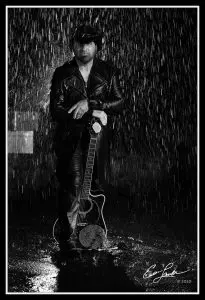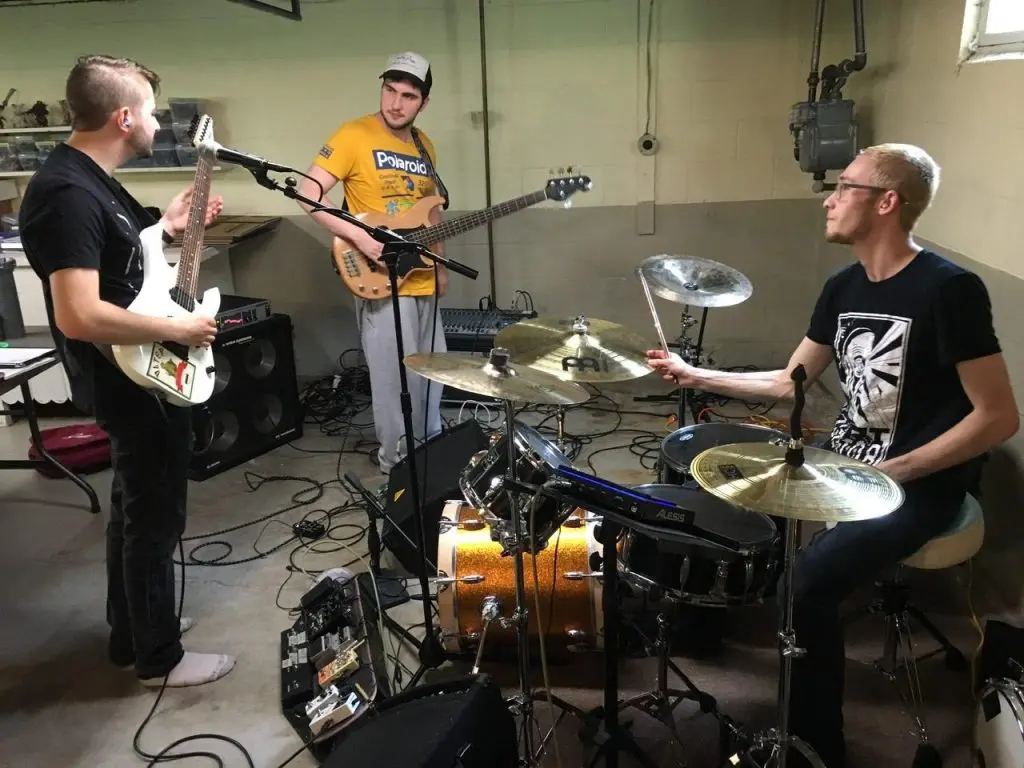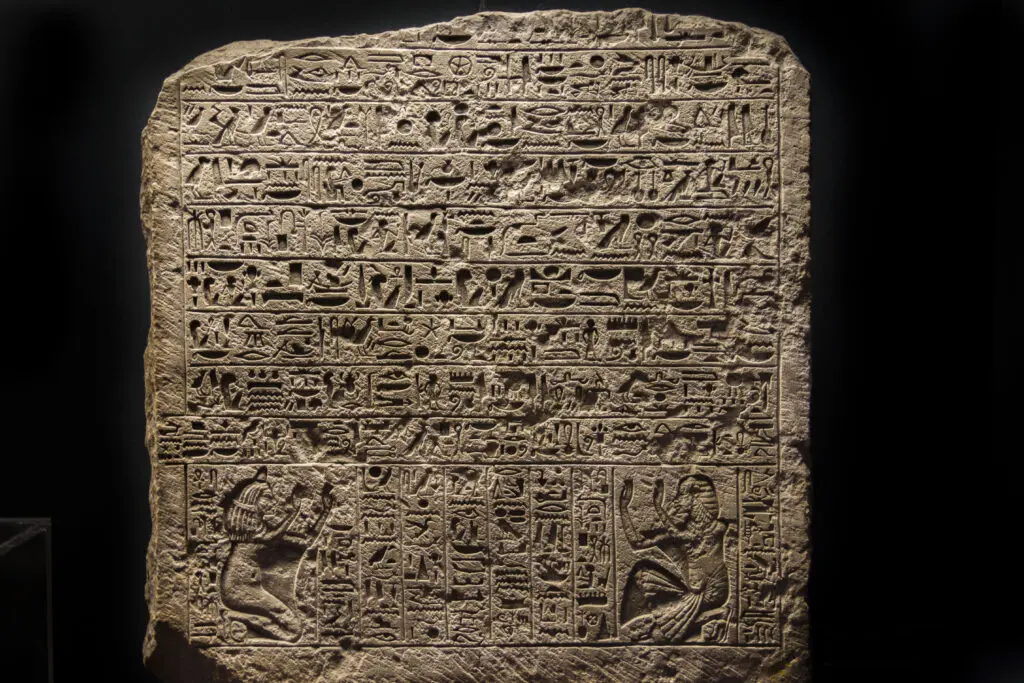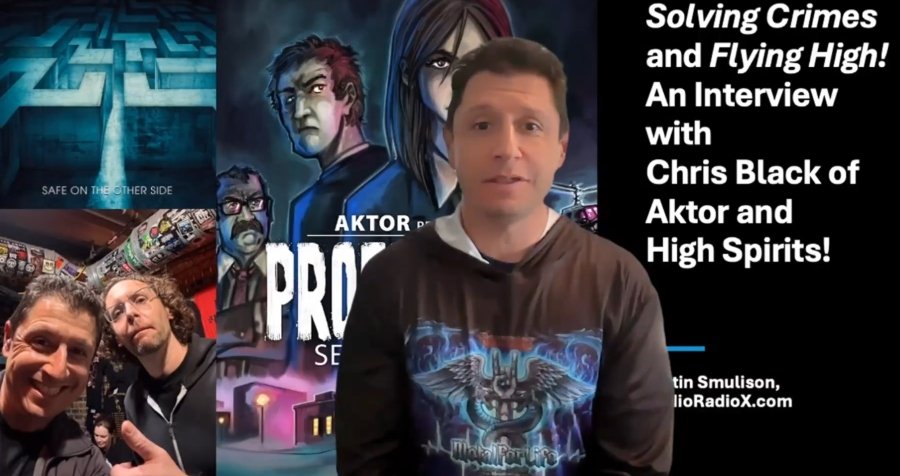America is a treasure chest to the ear. Along the highways and byways beats are carried over vibrating strings and crooners sing for that girl they knew one summer at the county fair. Americana is more than just a music; it’s music. It’s the telling of a story in a language everyone can get.
Marcus Ruggiero and Sideshow Gypsies bring notes and grooves from the land of plenty to share with everyone that finds them, because you search for Americana until you become Americana.
I sit with Marcus and we talk the glory days.

Marcus Ruggeiro. Photo provided.
RRX: Sideshow Gypsy is Americana, which is really a universe in and of itself. I’ve interviewed people that play and write Americana, and I’m always curious to understand what makes it their genre. Could anything developed in America be considered Americana? Or does it take a special something?
MR: Americana? Well, it does have a distinctive sound yes and actually Wikipedia can explain it in more detail if anyone’s interested in what it is. I don’t think just anything written in America makes it Americana. Although it is kind of a mixed cocktail, rock, country, rhythm and blues and I think sometimes a bit of pop sneaks in there to give it its sound….
And then there’s jazz…lol.
RRX: On the origin of Sideshow Gypsy. Did it originate from something you were doing, so as to wrap around a project of yours and grow, or was it a project that you joined up with. And regardless of which, can you take us through those initial steps of getting your lineup to the point at which you tapped the mic on the stage at that first gig?
MR: SSGB, unbeknownst to me, manifested itself. What I mean is when I wrote the songs such as “Long Ways Down”, “Quiero Tus Besos” “The Clown and the Snake Lady” and “Life’s Crazy Road” between 2009 and 2015 to name a few, at that point I had no idea what I was going to do with these songs. I placed them in my archives waiting for a home; waiting to be brought to life.
When I wrote the songs I didn’t know what their purpose was or how to present them. They were rogues, every now and again I would write another and I also placed them in my archives, these songs came out of nowhere. Basically they were like gypsies just showing up out of nowhere with no home and no destination, lol.
Also I might add that in the time since I wrote those songs I was writing others and was recording and releasing several EPs and LPs. And what finally became SDGB songs were just never included.
But Then I wrote “Little Tornado” and all of a sudden I thought wait? I have some others like this? And I went through my archives to locate the previous “gypsy” songs and it all made sense to me that collection of songs had a destination, a home.
Following that I wrote “Sweet” “There’s a Girl I Know”, “Drunken Sea” and all the others on the SSGB self-titled LP became the record. And lastly but not least I wrote “Side Show Gypsy” and “Song for Wendy” and it all made sense.
RRX: Listening to what I have of your work, it’s very earthy, very gravelly, like thumbs along the highway. When you’re writing a song, do you have any visual references? Memories that your writing about, obviously, but more so a “happy place,” a place you go in your head that just pumps you up. If you have a place, what does it look like?
MR: A traveling circus, on a winding dirt road complete with fire eaters, horse whisperers, magicians, and contortionists and I feel like I’m the ringleader, having only one goal in mind to entertain, to bring people along on magical journey .
“Unless a man enters upon the vocation intended for him by nature, and best suited to his peculiar genius, he cannot succeed.” (P.T Barnum)
RRX: You recorded Sideshow Gypsy live after around eight shows. And I think this is a big choice with bands: to record track by track, or to record live. It seems like there would be pros and cons to each method. Do you think that some kinds of music most benefit from a live recording? Do you think that Sideshow Gypsy naturally did?
 MR: Although there are variables, I think the writer/producer has to have some sort of a vision and reason why to do so. For me recording live gives the songs more life and more emotion, rather than tracking. Also, my vision was I wanted the album to sound like what the band sounds like live in concert. On a side note however we did over dub the violin and backing vocals.
MR: Although there are variables, I think the writer/producer has to have some sort of a vision and reason why to do so. For me recording live gives the songs more life and more emotion, rather than tracking. Also, my vision was I wanted the album to sound like what the band sounds like live in concert. On a side note however we did over dub the violin and backing vocals.
RRX: Times are tough. Without going into innumerous detail, fates are decided in this kind of crucible, and bands, musicians – even more so. A strong sound is so critical now, because people are going to be exposed to you through their sound system instead of the stage. How do local musicians get their sound in local hands right now?
MR: Creatively. Lol. Also I have always been a believer in that if the music is worthy people will find you. So we will see.
RRX: Back on Americana. Or roots music. Roots rock. I feel it powerfully when I hear it. But I’m a forty-four year-old. Americana really calls to a time before me as well as, well, during me. But generations change. Would you be willing to wager a guess at what kind of sounds might make up Americana 50 years from now?
MR: Well it’ll be fun to take a crack at it. Although as we all know things change and music is always growing and changing in its subtle sometimes explosive and romantic fashion.
I’m looking forward to whatever that sound will be tomorrow rather than in 50 years lol. Although if I may? I recommend you check out a listen to “gangstagrass”, my latest favorite band, Americana is already changing its face my friend no need to wait.
RRX: This is where you answer the question I didn’t ask. Where are the best flea markets? What kitch can be fashioned into instruments? Educate, enlighten, emote – the floor is yours.
MR: Open floor? Well I’m always thinking of my daughters, Jesus, Time and Gratitude. Do for others and be thankful, gratitude is one ingredient to the fountain of youth. Matter of fact, “In this life we fight for what we need, in this life if we end up with just a little of what we want we shall find each other down on our knees in thanks, a whole bunch of Lord thank you’s” (Lyric excerpt: Song of Gratitude/ Marcus Ruggiero Music)
I wish to thank the incredible SSGB, I call my family. Sonny Speed, Brian Melick, James Cappello and Doug Moody, also our sensational backing vocalist Areli Mendoza-Pannone.
Peace and God Bless
Author
Staff
You may also like
Continue reading





 RadioRadioX
RadioRadioX